Top keepsakes parents save from their baby’s first few years
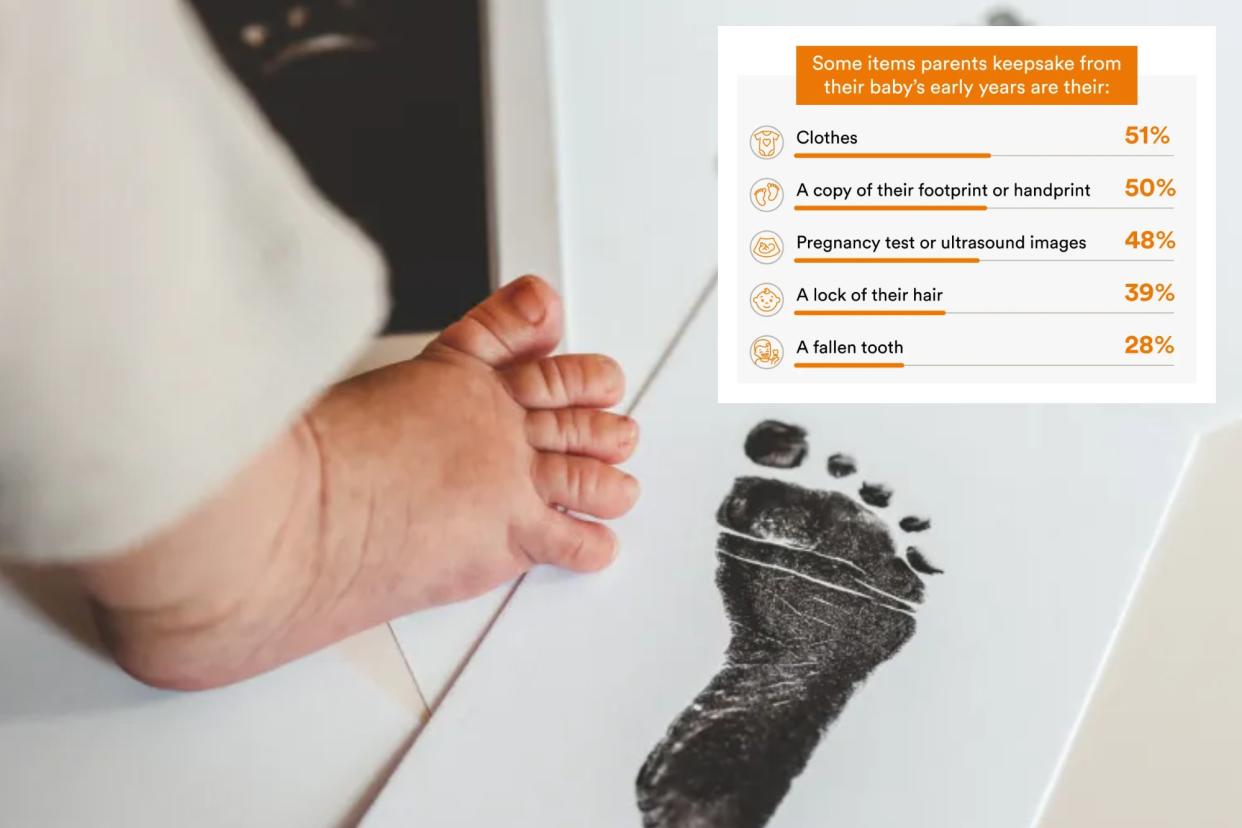
Three in four parents think their child is growing up too fast (78%), according to new research.
A survey of 2,000 parents with kids ages 0–18 looked at how they hold on to their child’s younger years and found that a majority feel like a more sentimental person since becoming a parent (83%).
The average parent misses their child being two years old the most and would go to great lengths to get that time back.
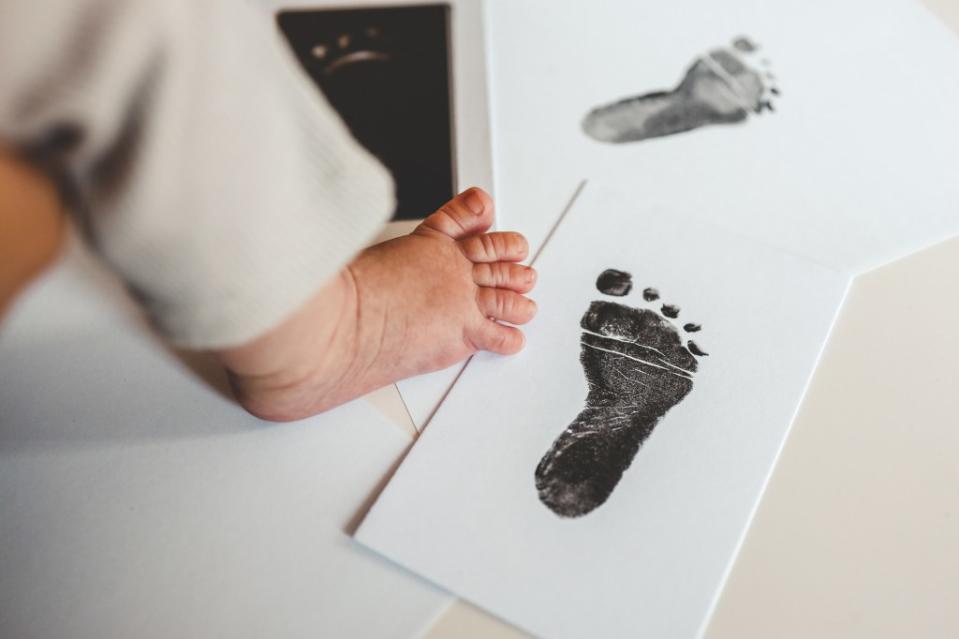
Respondents would be willing to give up social media (46%), time off at work (37%) and dining out (36%) to spend one more day with their child as a baby.
Since they can’t go back, the survey conducted by OnePoll for Stokke found that 84% have kept something related to an important milestone their child achieved.
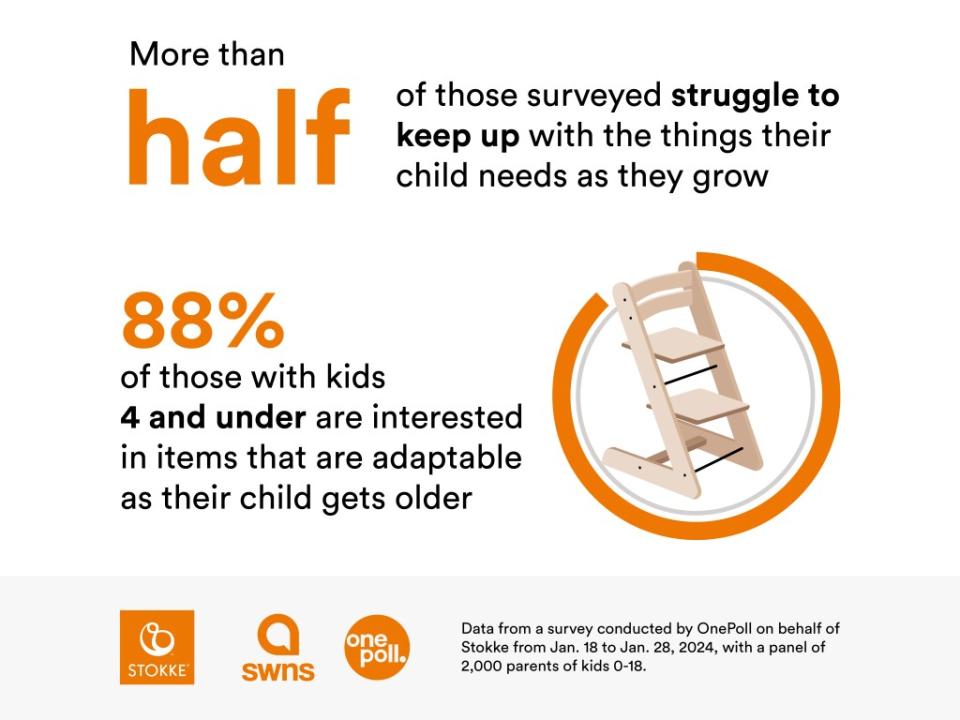
In fact, the average parent will hold on to nine items from their child’s early years, with one in seven saying they’ll hold onto at least 20 different things.
Some of these items are common keepsakes like their baby’s clothes (51%), a copy of their footprint or handprint (50%) and their pregnancy test or ultrasound images (48%).
Others have kept a memento that belonged to their baby like a lock of their hair (35%) or even a fallen tooth (28%).
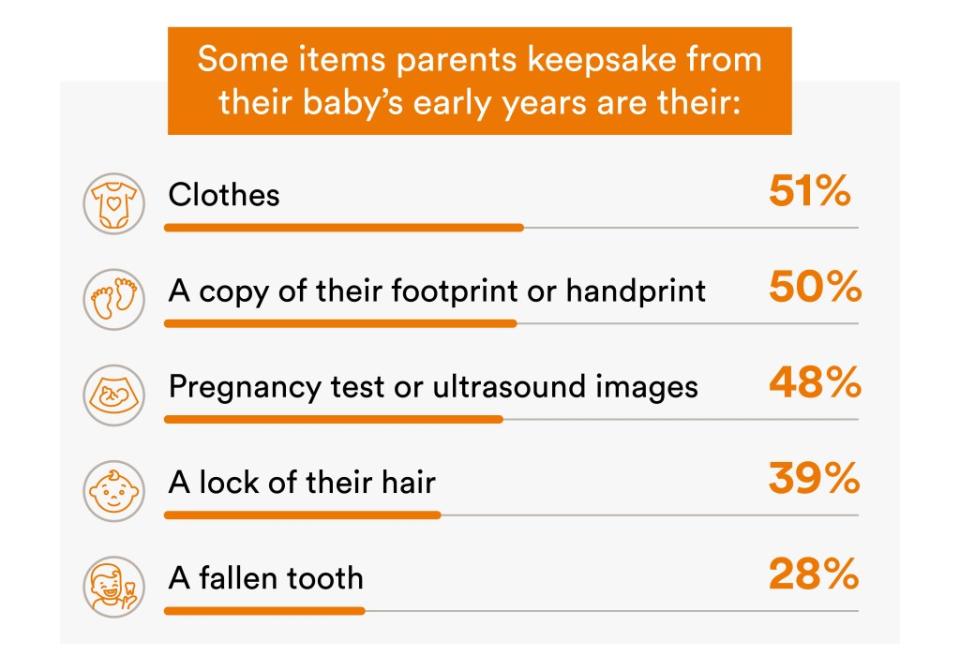
Parents save these items primarily for memories (75%), but also to pass down to their child when they’re older (37%).
For many, milestones are a core memory — so much so that parents still have some of them recorded — like their child’s first time having food (42%) or crawling (39%).
If they could relive some of these milestones, respondents said they’d go back to their baby’s first step (44%), first laugh or smile (43%) or first time sitting up (11%).
Reflecting on their child’s early years, parents surveyed recognize that there were common baby items that ended up not getting enough use, like jewelry for their baby (27%), baby monitors (18%) and high chairs (11%).
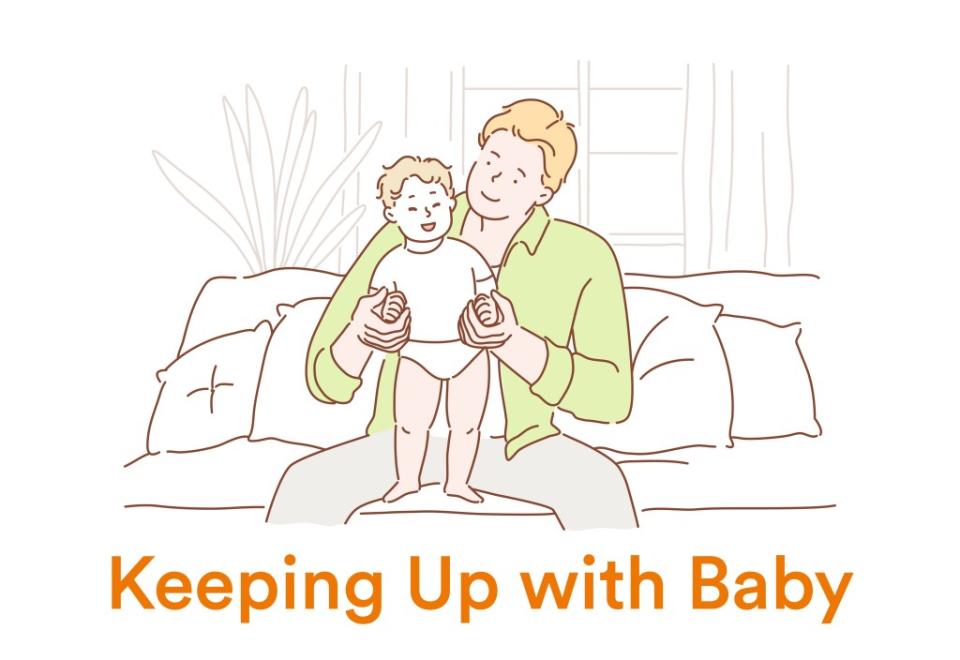
“Expecting parents have a lot to consider when it comes to choosing the right products for their baby,” said Anna Barnes, consumer engagement manager at Stokke. “By considering the longevity, adaptability, and versatility of each purchase, parents can minimize the need to constantly purchase new baby gear.”
Eighty-five percent of those who have kids five years old and up said that their child outgrew certain items faster than they thought they would.
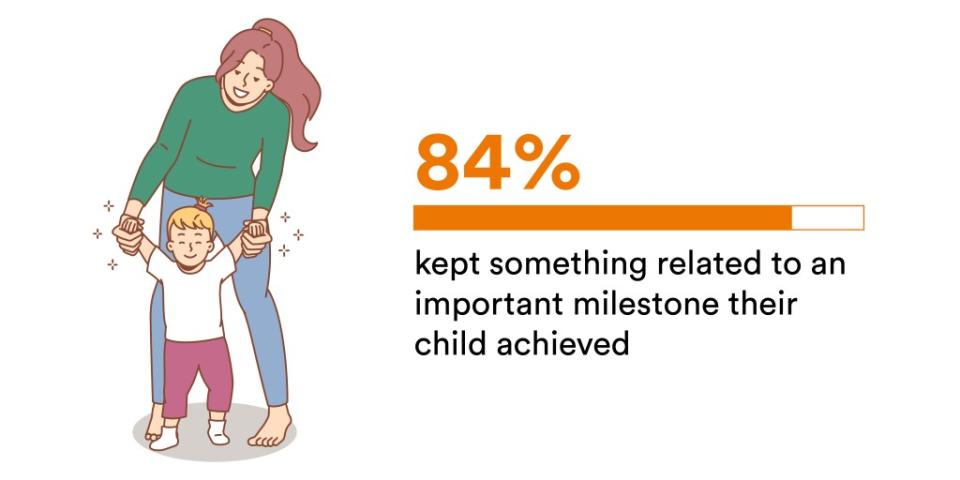
Consequently, more than half of those surveyed admit that they struggle to keep up with the things their child needs as they grow (59%).
And although they’re feeling sentimental, parents are also keen on keeping their home clutter-free, as 83% have given things that their child no longer needs to other parents.
To be resourceful, the same percentage would accept used items from other parents so that they don’t go to waste.
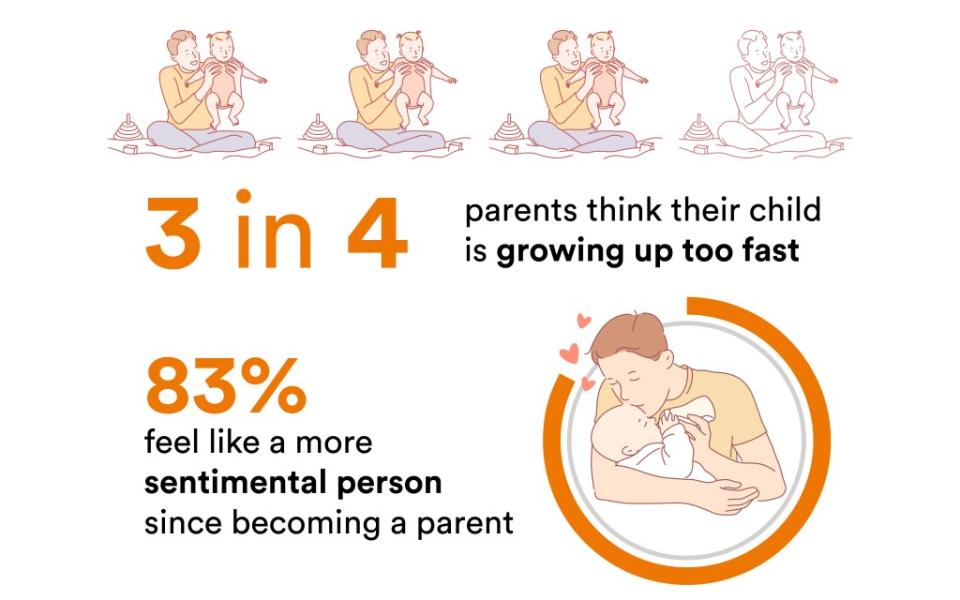
When they were first doing their baby shopping, just 23% of parents considered items they’d be able to keep using for a long time.
Now, parents may be sharper about not wanting to accumulate waste as their child ages, with 88% of those with kids four and under expressing an interest in items that are adaptable as their child gets older.
“By choosing products that grow with our children, we not only reduce environmental waste but also empower parents to make sustainable choices while getting the most out of their spending, ensuring every stage of their child’s development is supported with thoughtful, long-lasting solutions,” Barnes said.
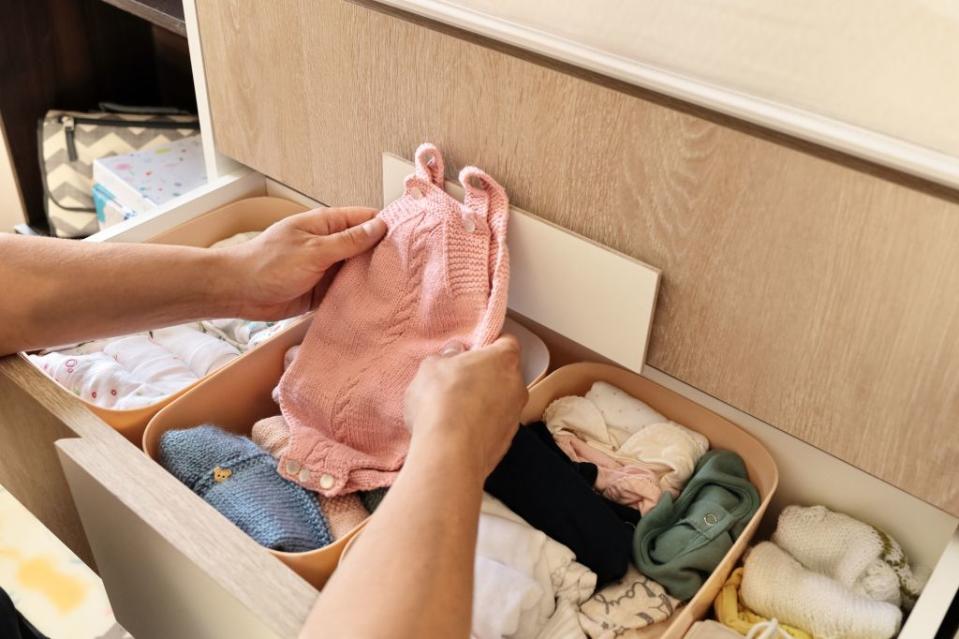
WHY PARENTS ARE SENTIMENTAL ABOUT ITEMS FROM THEIR BABY’S EARLY YEARS
“Because they change so much and so fast”
“I keep these items because one when he decides to have kids of his own I will have something to show them.”
“I really miss them being a child”
“The socks are so tiny and cute”
“Because it meant he was growing and would no longer be my little baby. Only in age he wouldn’t be my baby.”
“It just reminds me of a happy time”
“It was my child’s first real attachment to anything”
“It will never be the same size, but will always completely identify him”
“Because I didn’t think I could have children and that’s when it became real to me”

